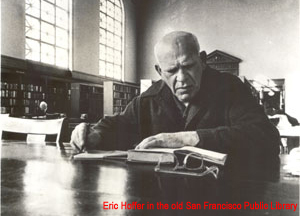The cost of illuminating your home is about to go up significantly. Most Americans take for granted that when they flip a switch, darkness immediately gives way to a warm, natural light. That’s no longer possible in California, where a regulation that took effect Jan. 1 only allows the sale of harsh, cold compact fluorescents above a certain wattage. Unless the new Congress takes action, the same rules will apply to the rest of the country, beginning next year.
The prohibition on buying real light bulbs follows from the Energy Independence and Security Act of 2007, signed into law by then-President George W. Bush. The measure gave bureaucratic zealots in the Golden State permission to embark on their confiscatory policy a year early. Of course, in true Orwellian fashion, the California Energy Commission strongly denies it’s doing anything to prohibit consumers from buying the type of bulbs they prefer. “You can still buy any type of light bulb you like, the only difference is that the new bulbs will use less energy and cost less money to operate,” the commission’s website explains. Left unsaid is that it’s a crime to sell newly manufactured cheap bulbs that produce a pleasing, natural light of 100 watts or more.








